WY Sexual Abuse Laws Statutes From Our Sexual Assault Lawyers In Wyoming
Wyoming's sexual abuse laws are meticulously structured to guarantee precise definitions and categorizations, ranging from first to fourth degrees of sexual offenses. These legal frameworks are designed to safeguard citizens, imposing strict penalties on violators, including imprisonment, a permanent criminal record, and future employment restrictions. With sexual contact, intrusion, and serious bodily injury clearly defined, these laws guide the prosecution process and ensure that justice is appropriately served. Victims of sexual abuse in Wyoming have significant legal avenues to pursue, backed by experienced lawyers ready to offer personalized strategies. Engaging with this intricate system is essential for those seeking justice and healing, and further exploration provides an in-depth understanding of survivors' rights and the support available to them.
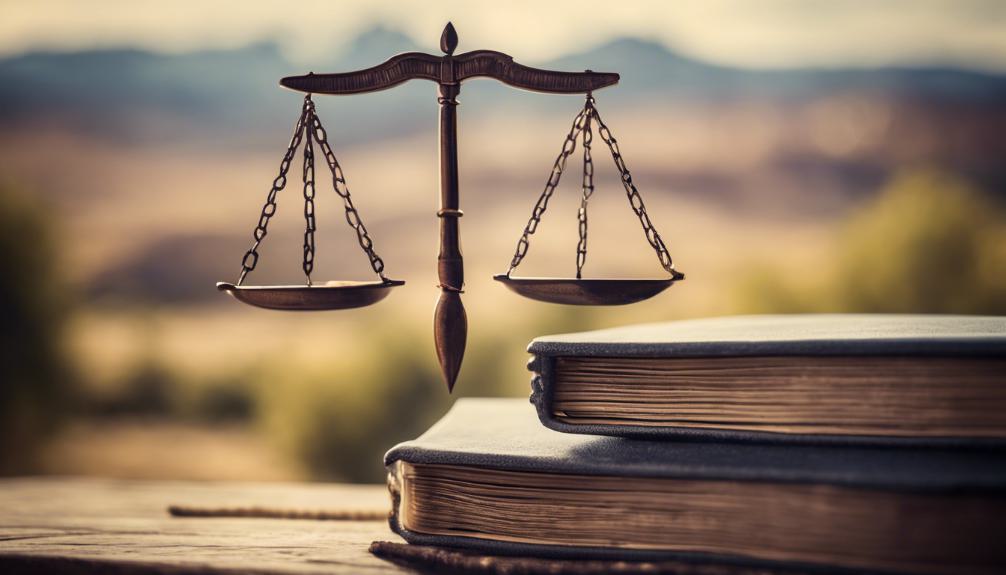
Legal Framework Overview
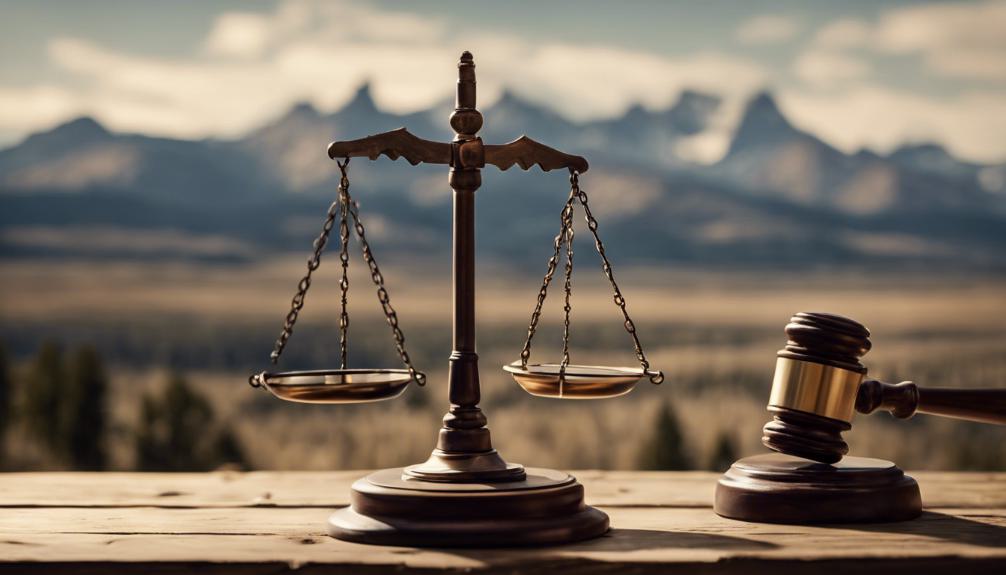
Understanding the legal framework surrounding sexual abuse in Wyoming is essential for comprehending the state's approach to handling and penalizing such offenses. Wyoming's laws categorize sexual offenses with specificity, acknowledging the diverse nature of such crimes. Central to legal proceedings is the accurate definition of terms like sexual contact, intrusion, and serious bodily injury, as they greatly influence the outcome of cases. Convictions for sexual abuse can have long-term implications for the accused, including imprisonment, a permanent criminal record, restrictions on future employment opportunities, and mandatory registration as a sex offender. This thorough legal framework is designed to address and penalize sexual abuse effectively, reflecting the state's commitment to protecting its citizens and upholding justice.
Degrees of Sexual Abuse
Building on the foundational knowledge of Wyoming's legal framework for sexual abuse, it is important to explore the specific degrees of sexual abuse and their corresponding penalties. Wyoming categorizes sexual abuse of a minor into first, second, third, and fourth degrees, each carrying increasingly severe penalties based on the gravity of the offense. The legal system delineates these degrees by factors including the age of the victim, the nature of the act, and the perpetrator's relationship to the victim. For example, first-degree sexual abuse typically involves more egregious acts and consequently results in the harshest penalties, such as longer prison sentences. Understanding these degrees helps in comprehending the legal repercussions faced by offenders and the protections afforded to victims.
Assault Lawsuit Classifications
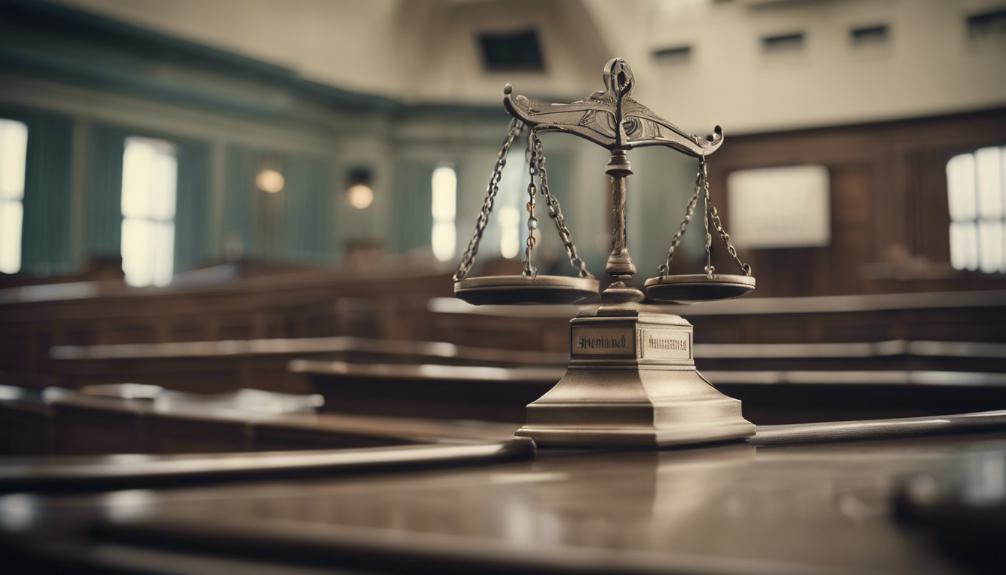
In Wyoming, sexual assault lawsuits are meticulously classified into first and second degrees, each defined by distinct legal criteria and associated penalties. This classification system serves as a foundational aspect of the state's approach to addressing and penalizing acts of sexual violence. The first-degree classification typically encompasses the most severe cases, involving factors that aggravate the crime's seriousness, potentially leading to more essential penalties upon conviction. Conversely, the second-degree classification addresses offenses considered less severe but still notably harmful, warranting substantial legal consequences. These classifications are vital for the legal system, guiding the prosecution's approach and influencing the severity of the penalties imposed, thereby reflecting the state's commitment to upholding justice for victims of sexual assault.
Definitions and Legal Terminology
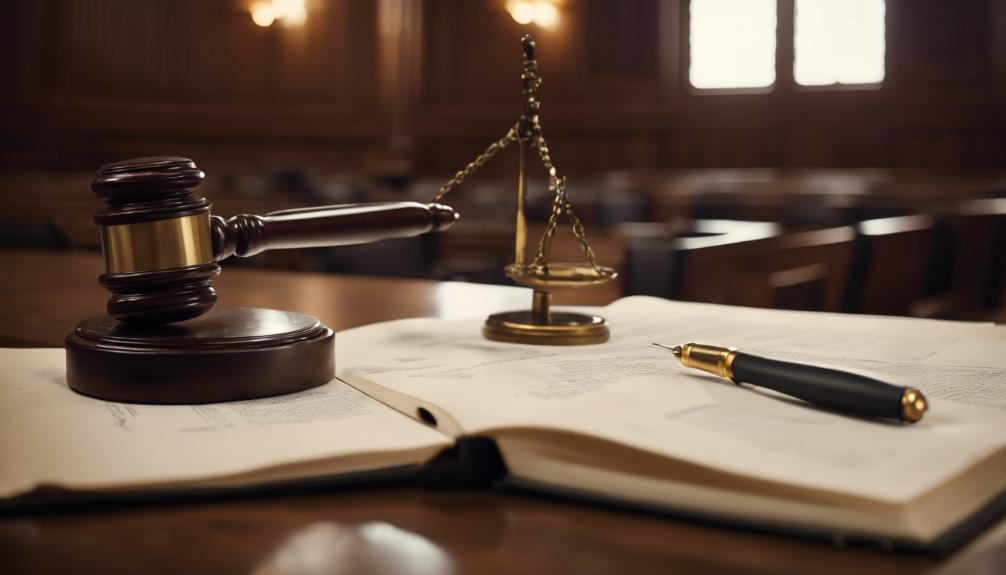
With the classification of sexual assault lawsuits into first and second degrees established, it becomes imperative to examine the specific legal definitions and terminology that underpin these distinctions in Wyoming's legal system. Central to understanding these legal proceedings is the definition of 'sexual contact,' which encompasses any form of non-consensual touching of the intimate parts of another, either directly or through clothing. 'Sexual intrusion' refers to any act of sexual penetration, however slight, without consent. Moreover, the term 'serious bodily injury' includes injuries that create a substantial risk of death, cause serious permanent disfigurement, or result in long-term loss or impairment of the function of any body part or organ. These definitions are critical in guiding the legal process and ensuring that justice is appropriately served.
Consequences of Conviction
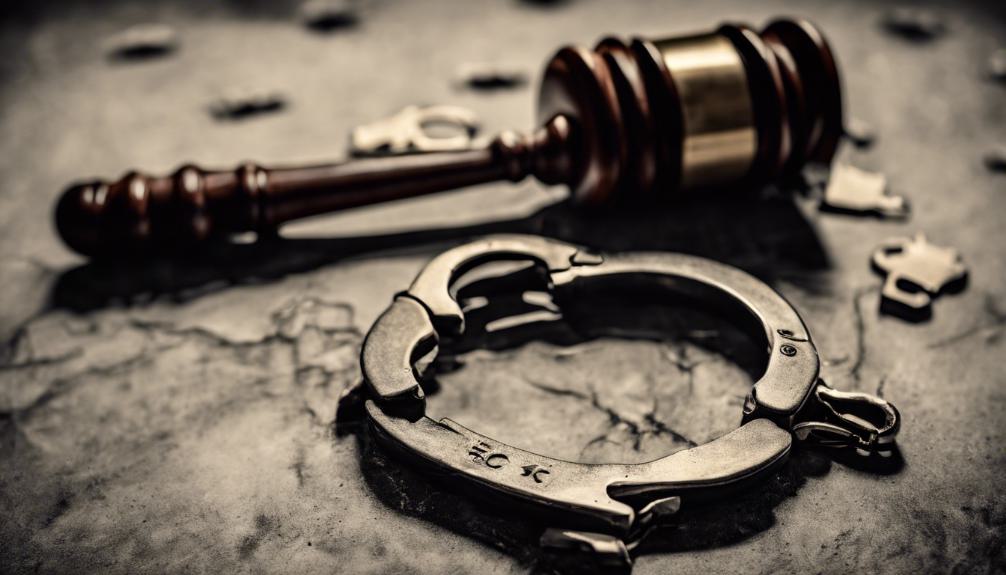
A conviction for sexual abuse in Wyoming carries significant legal penalties, including mandatory imprisonment, that reflect the severity of these offenses. The legal framework within the state classifies sexual abuse crimes into varying degrees with corresponding penalties, emphasizing the importance of the legal definitions of sexual contact, intrusion, and serious bodily injury in determining the outcome of these cases. Convicted individuals face not just imprisonment, but also a permanent criminal record, stringent restrictions on future employment opportunities, and mandatory registration as a sex offender. These consequences are designed to serve both as a punishment for the offender and a deterrent against the perpetration of similar offenses, safeguarding the community and upholding the rights and dignity of victims.
Mandated Reporting Obligations

Understanding the mandated reporting obligations in Wyoming is crucial for all citizens, as failure to report suspected child abuse carries legal liability. In Wyoming, these obligations underscore the collective responsibility to protect minors from abuse and neglect. The law requires everyone, without exception, to report any suspicion of child abuse to the authorities promptly. This broad mandate aims to guarantee that no signs of abuse go unnoticed and that swift action can be taken to safeguard the well-being of vulnerable children. Noncompliance with this requirement can result in significant legal repercussions, emphasizing the seriousness with which Wyoming treats the protection of its youngest residents. It's a clear message that safeguarding children is not just a moral duty but a legal one as well.
Criminal Justice Process
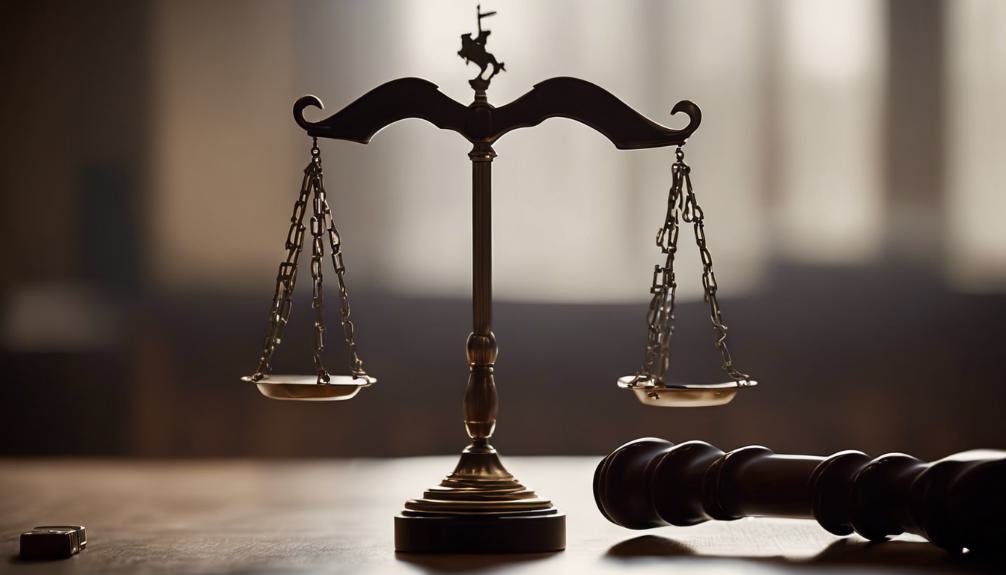
Getting through the criminal justice process in Wyoming involves several key stages, from reporting the crime to the final sentencing of the offender. Initially, upon reporting, law enforcement conducts a thorough investigation, gathering evidence and interviewing witnesses. If sufficient evidence exists, the case is forwarded to the prosecutor's office, where a decision on filing charges is made. Following charges, the accused may face a preliminary hearing or arraignment, leading to trial if the case proceeds. Throughout the trial, both the prosecution and defense present evidence and arguments, culminating in a verdict by a judge or jury. If found guilty, sentencing takes into account the severity of the offense, the perpetrator's criminal history, and the impact on the victim, adhering to Wyoming's legal framework for sexual offenses.
Victim Support Services

Victim support services in Wyoming offer critical assistance and resources to those affected by sexual abuse, facilitating their journey towards healing and justice. These services provide a thorough support system, including counseling, legal advice, and advocacy, to help survivors navigate the complex aftermath of abuse. Counseling services aim to address the psychological impact of sexual abuse, offering a path towards emotional recovery. Legal advocates play an important role in guiding survivors through the legal process, helping them understand their rights and the steps necessary to pursue justice. Additionally, support groups offer a safe space for survivors to share their experiences and find solidarity with others who have faced similar challenges. Together, these services form an essential network of support, empowering survivors to reclaim their lives and move forward with strength and resilience.
Prevention and Education

Wyoming's approach to combating sexual abuse includes a strong emphasis on prevention and education initiatives designed to inform the public about consent, boundaries, and the importance of reporting abuse. These programs aim to empower individuals with the knowledge and tools needed to recognize and prevent sexual misconduct in their communities. By fostering an environment of open communication, the state encourages all citizens to actively participate in these all-encompassing measures. Educational campaigns and workshops focus on teaching respect for personal boundaries and understanding the legal implications of sexual abuse. Collaboration with schools, workplaces, and community organizations enhances the reach of these initiatives, ensuring a comprehensive strategy that addresses the root causes of sexual abuse and promotes a culture of safety and respect for all Wyoming residents.
Legal Representation Options
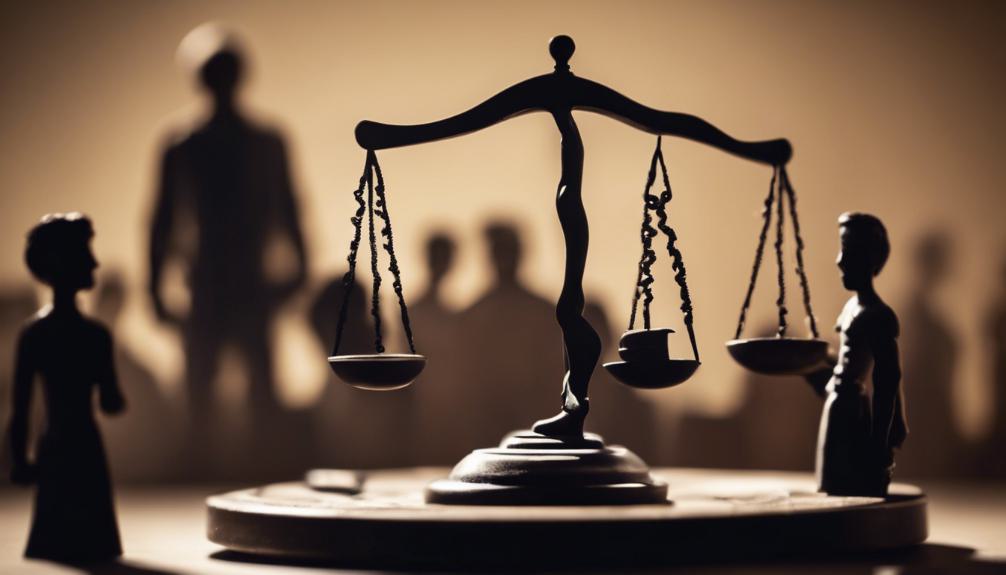
Several legal representation options are available to survivors of sexual abuse in Wyoming, enabling them to pursue justice and healing through the judicial system. Individuals can engage private attorneys specializing in sexual abuse cases, offering personalized legal strategies and confidentiality. State-funded legal aid provides support for those unable to afford private counsel, ensuring access to justice regardless of financial status. Non-profit organizations also offer legal advocacy services, guiding survivors through the legal process and connecting them with resources for emotional and psychological support. Moreover, some law firms in Wyoming may take cases on a contingency basis, removing upfront costs for survivors. Each of these options is designed to empower survivors, allowing them to choose the path that best suits their needs and circumstances.
Seeking Justice and Healing
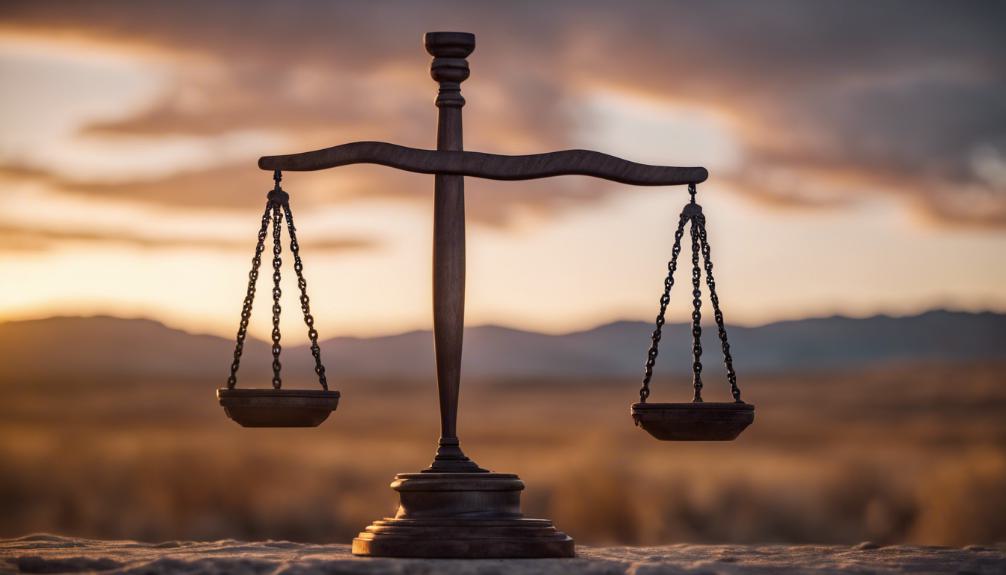
Traversing the aftermath of sexual abuse involves a comprehensive approach to seeking justice and initiating the healing process for survivors. It begins with understanding the legal framework in Wyoming, where sexual offenses carry varying penalties. Survivors have the right to pursue legal actions, both criminally and civilly, against perpetrators. Engaging with experienced sexual abuse attorneys in Wyoming is essential in maneuvering the complex legal system and ensuring the survivor's voice is heard. Beyond legal recourse, healing is facilitated through support groups, counseling, and therapy services tailored to address the trauma and emotional distress experienced. Empowering survivors to speak out and seek assistance paves the way for recovery and contributes to broader efforts of prevention and education within the community.

This post has been generated by AI and was not reviewed by editors. This is Not legal advice. Please consult with an attorney.




